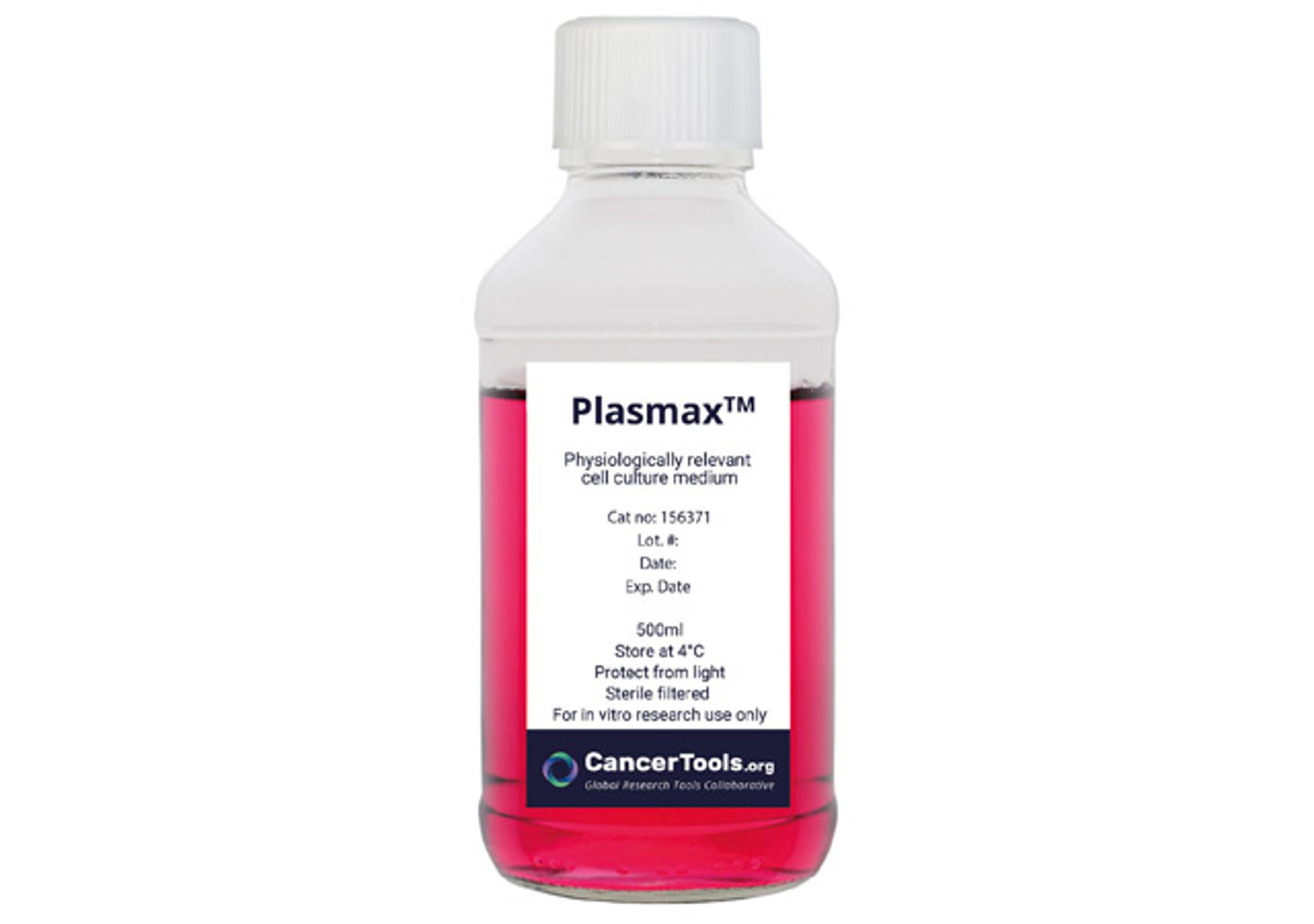How researchers share breakthrough cancer tools for worldwide use
Discover how CancerTools.org is empowering the distribution of researcher-created tools across the globe
20 Jan 2026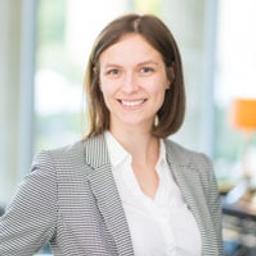
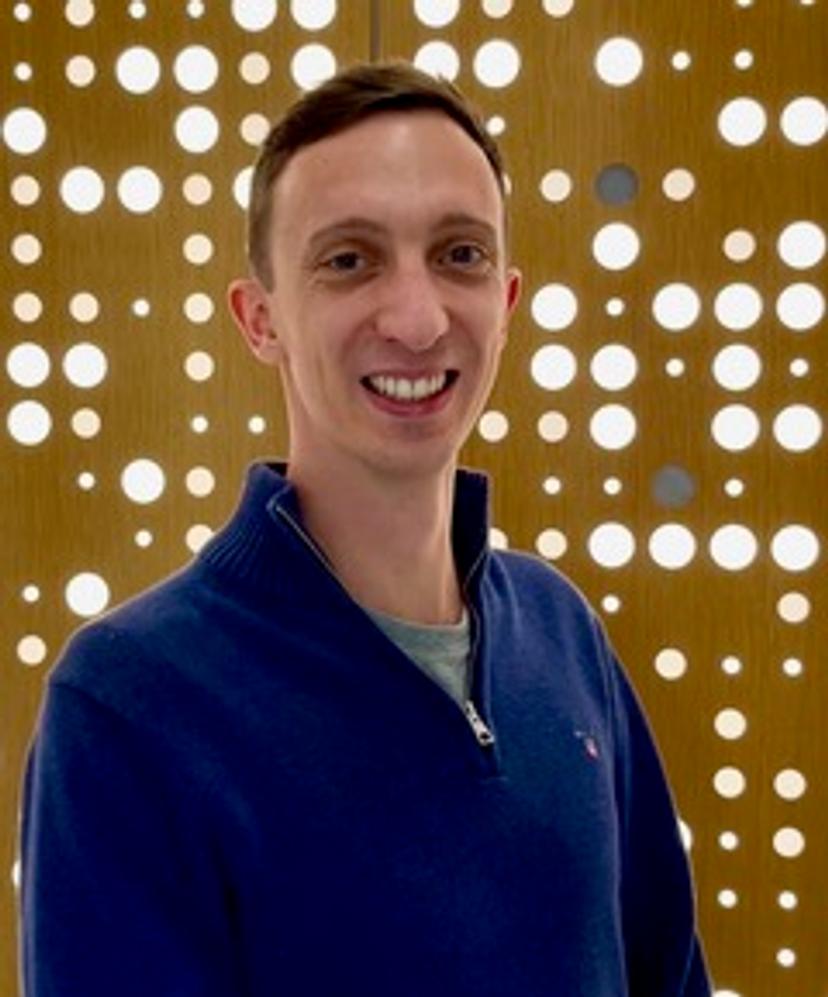
Dr. Robert Hynd, Cancer Research UK’s Lung Cancer Centre of Excellence
Every day, labs around the world develop innovative tools for cancer research. Yet, many of these breakthroughs remain confined to the institutions where they originated, limiting their potential to drive progress. These tools are essential to advancing our understanding of cancer but are often underutilized due to this restricted access.
Bridging this gap between innovation and impact is one of the greatest challenges in cancer research. CancerTools.org accelerates cancer discovery by enabling global access to trusted, researcher-developed tools. Scientists can deposit their unique tools with CancerTools.org, who then make these available worldwide. This fosters collaboration, open science, and reinvestment in future breakthroughs. For over forty years – in partnership with Cancer Research UK – the company has supported researchers from academic institutions to leading cancer centers, united by a shared goal: to drive progress through openness and collaboration.
The model is simple yet powerful. Scientists contribute their tools to CancerTools.org, which handles everything from production to licensing and worldwide distribution. The platform’s influence is evident, with more than 3,500 citations linked to the tools it offers.
By thoughtfully curating and distributing cancer research tools, CancerTools.org aims to not only accelerate scientific discovery but also promote open and sustainable science. Its revenue-sharing model ensures that proceeds benefit both the original inventors or institutes and Cancer Research UK’s research programs, fuelling ongoing innovation for the global scientific community.
From individual labs to global impact in cancer research
The best proof of the platform’s impact comes from the researchers who choose to share their innovations via CancerTools.org. One such researcher is Dr. Robert Hynds from the Cancer Research UK’s Lung Cancer Centre of Excellence, University College London, UK. His team developed the TRACERx NSCLC patient-derived xenograft (PDX) models, which successfully capture the complexity of non-small cell lung cancer (NSCLC), and subsequently chose to share the models through CancerTools.org.
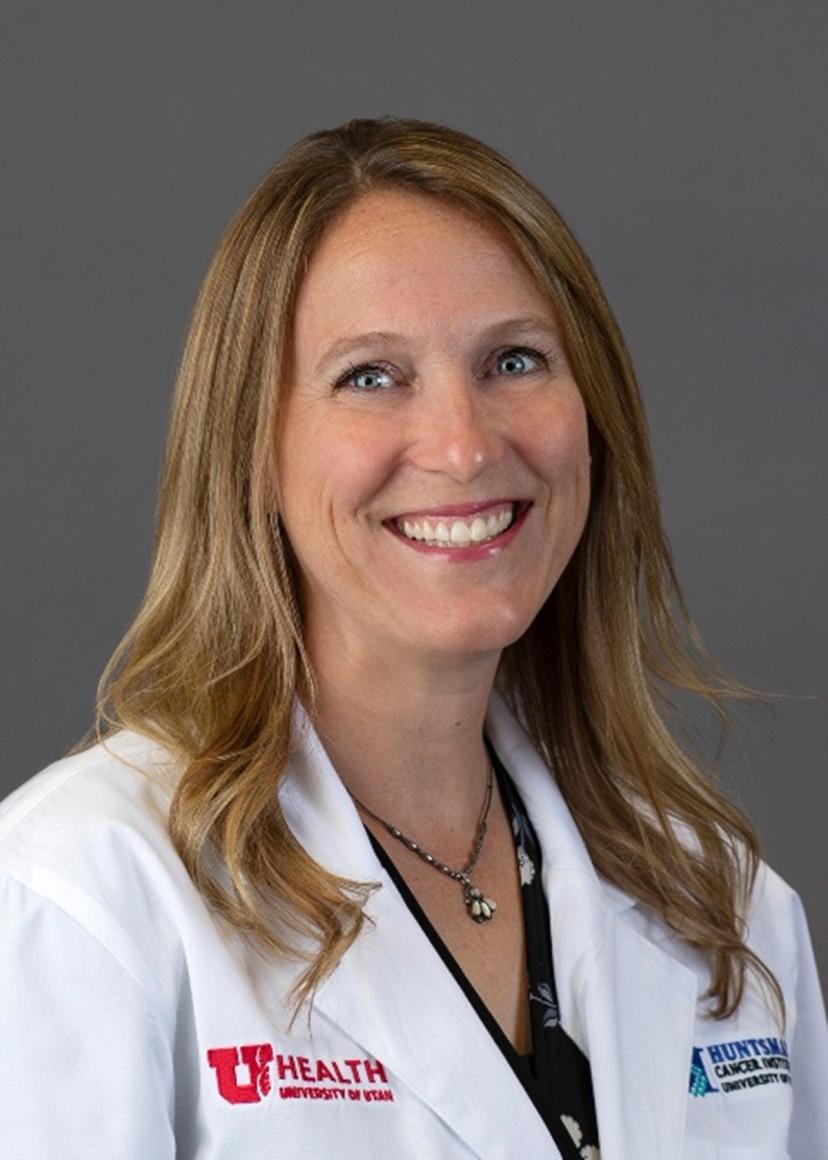
Professor Alana Welm, University of Utah
"This is an exciting opportunity for research efforts at UCL to have an impact on the wider lung cancer research community and to help the development of effective therapies,” explains Dr. Hynds. “Our collaboration with CancerTools.org allows us to make these innovative models accessible to support other lung cancer researchers worldwide.”
Similarly, Professor Alana Welm from the University of Utah, USA recognized that her team's breast cancer PDX models, could serve researchers globally. These highly predictive breast cancer models enable scientists to study how different breast cancer subtypes respond to potential therapies and are able to provide more insights than traditional cell line models.
For Professor Welm, sharing these resources through CancerTools.org honors both scientific principles and patient wishes. "It's important to us that these patient-derived models are made available to the scientific community to advance research on breast cancer, not only because it's our obligation as cancer researchers to do so, but because this is what the patients wanted when they donated their tissue to research," comments Professor Welm.
Access to tools that transform cancer research
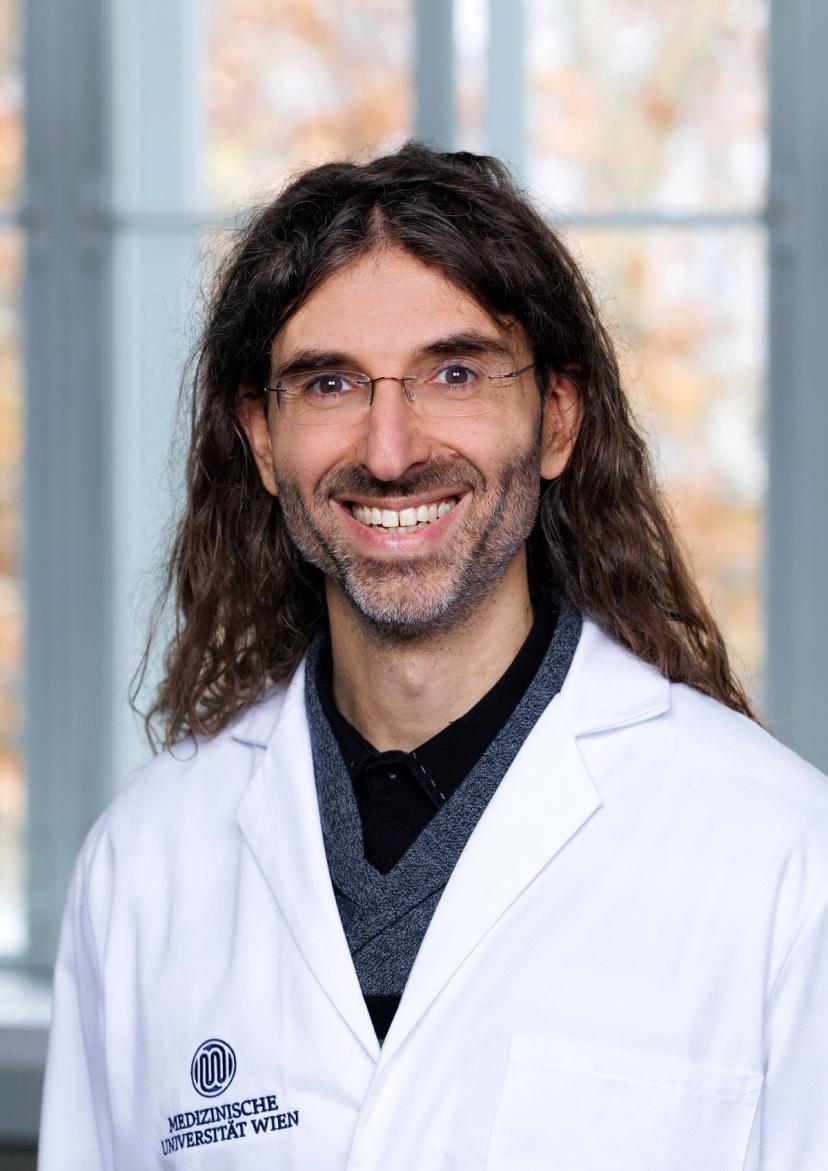
Dr. Saverio Tardito, Medical University of Vienna, Austria. (Credit to: MedUni Wien/feelimage)
The platform’s output is comprehensive, providing access to a full range of cell lines, organoids, patient-derived xenograft (PDX) models, cell culture media, antibodies, and other advanced researcher-developed tools. This ensures that researchers working on different aspects of cancer biology can find all the specialized tools they need.
Dr. Saverio Tardito from the Medical University of Vienna, Austria developed Plasmax™, a cell culture medium that closely mimics the nutritional and metabolic profile of human plasma. This innovation makes cancer models more physiologically relevant, generating more translatable data in comparison to traditional media. To ensure this innovation could benefit researchers worldwide, Dr Tardito chose to share it with CancerTools.org.
“As George Box said, ‘All models are wrong, but some are useful.’ By sharing Plasmax™ through CancerTools.org, we are empowering more and more scientists around the world to make discoveries that matter,” Dr. Tardito shares. “The reagents we choose can shape the future of our research and beyond. With Cancertools.org we are helping scientists everywhere to innovate faster, and move us all closer to a future where cancer is curable. Better science, better treatments.”
Additionally, Dr. Laura Soucek from the Vall d’Hebron Institute of Oncology (VHIO) in Spain has made significant strides in targeting the notoriously difficult-to-drug MYC protein. Her team developed the Anti-Omomyc antibody, a high-quality reagent designed to detect Omomyc, a widely adopted tool for modeling MYC inhibition in cancer research.
Recognizing the importance of making this resource broadly available, Dr. Soucek chose to share it through CancerTools.org. “As Omomyc has become a widely adopted tool for modeling MYC inhibition in research, we felt it was important to provide the scientific community with a high-quality antibody for its detection,” says Dr. Soucek. “We chose CancerTools.org as the platform to share it, ensuring broad and easy access for researchers worldwide.”
How CancerTools.org simplifies and streamlines collaborative science
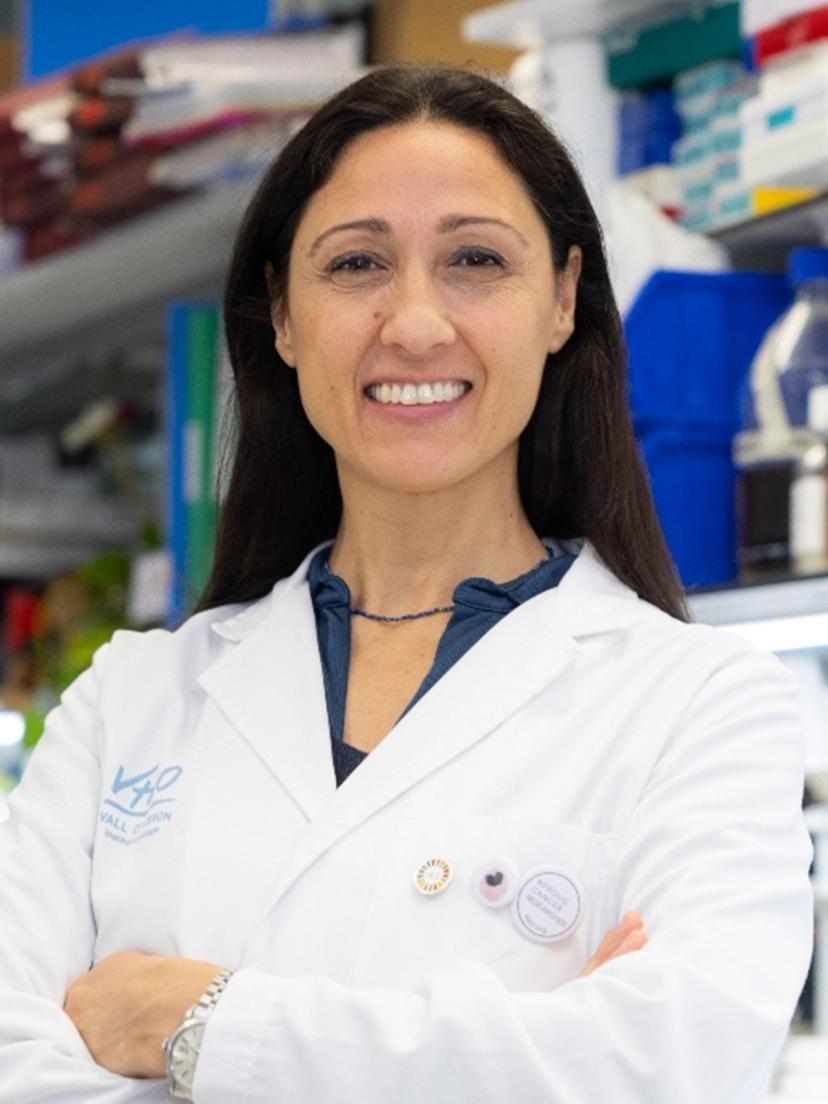
Dr. Laura Soucek, Vall d’Hebron Institute of Oncology (VHIO)
CancerTools.org also addresses some of the practical challenges that can inherently slow scientific progress. For example, they offer streamlined licensing options for pharmaceutical and biotech teams. Meanwhile, researchers from institutions of all sizes benefit from access to peer-validated tools that aren’t easily available elsewhere, and support from Ph.D. level technical and product support staff ensures that each tool available through the platform has its potential maximized.
As Bob Bondaryk, Global Head of CancerTools.org explains, "We have created CancerTools.org to be the home of cancer research tools. A single, accessible place where cancer scientists worldwide can easily deposit and access cancer research tools. We partner with cancer researchers, institutions, and societies to help them save both time and resources, whilst making tools widely and easily available."
The model CancerTools.org has built is a sustainable one. By handling licensing, production, and distribution, it enables researchers to focus on what they do best, developing innovative tools and conducting groundbreaking research.
Building a global network for cancer research discovery
CancerTools.org clearly demonstrates how the right infrastructure can extend researcher impact far beyond individual labs. As part of Cancer Research UK and championing the scientists who develop these innovations, the platform is building a global collaborative network where breakthrough tools drive new discoveries. As more researchers deposit their innovations on CancerTools.org, the platform's growing repository will continue to empower scientists to move towards a future with more effective cancer treatment options.

